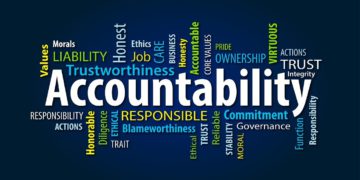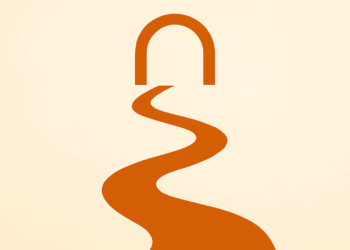We know that in order to become a leader you have had to work really hard. You’ve probably put a lot of time and effort into your career. No doubt you have worked late nights and early mornings, perhaps you haven’t worked through holidays, and forfeited social events and sleep to put in the hours. But burnout is real – and it can happen to any of us.
Which is why you should consider some time off to recharge and operate at your best.
Dr John Behr, executive coach with over 25 years’ experience and who has worked with Fortune 500 companies in the United States, says:
“Taking time away from work allows us to refresh. An argument can be made, that in a leadership role, you must always be present. But it is necessary to unplug from time to time. As a leader, you must take the leap of faith that pulling yourself away will mean resetting and healing for you and for others. We all have a tendency to overestimate how dependent people are on us. But when we take time off, we must trust that good things can happen in our absence. You give your people the chance to see for themselves, that they can be okay without you. What’s more, when you come back, you will gain a new perspective, more clarity and go into your work feeling optimistic.”
Leaders often fear time off, but we will look at some reasons stepping away helps:
Time off can improve work performance
Many studies indicate that taking time off work increases productivity.
By this estimation, the most productive countries on record are Germany and France, and both mandate at least thirty days of vacation for employees every year.
Additionally, some studies show that taking time off can improve your chances of getting a pay rise. In this study people who took less than 10 days off had about a 35% chance of receiving a pay rise, whilst those who took more than 10 days had about a 65% chance of more money.
Regardless of how busy you are you are going to get more work done if you allow yourself time to rest. You’ll come back to work feeling inspired and invigorated, and ready to tackle those projects that perhaps felt tiring or difficult before. You might even have some new ideas.
You’ll have better ideas if you let your brain rest
When we feel stressed, emotional, or depressed, our brain releases cortisol, which can make us feel restless and uncomfortable, often for reasons we cannot put our finger on. Over long stretches of stress, our brain becomes sluggish, which means we struggle to form new ideas and analyse things logically.
Time off allows the space – both physically and mentally – needed to view something from a different perspective.
Burnout is real
If you work too hard for too long, you stand a real chance of developing burnout, which will put you completely out of action and could ruin everything you have worked this hard to achieve.
Harvard Business Review lists chronic fatigue, the inability to shake colds, quickness to anger, and suspicious attitudes about others as symptoms of burnout. Exhibiting any of these symptoms at work could hinder your capabilities and, since you’re a leader, have a knock-on effect on your team.
According to research, burned out managers frequently vent anger at their employees and family, and become rigid, cold, and detached. Such consequences can result in leaders who are feeling burn-out to treat their symptoms with meditation, self-hypnosis and in extreme cases, drug use.
It might sound far-fetched, but burnout is actually very common in managers. A 20-year study group of middle managers showed that lots were tolerating unhappy marriages, indifferent to friendships, rigid, angry, and distant from their children.
Avoiding burnout and its terrible side-effects means striking a balance between work and life.
Protect your relationships
If you have a partner, children, friends, and family, we are sure they are very important to you. Working too much can cause the burnout we have discussed above, and that can be detrimental to your personal relationships, which can create a negative spiral of withering relationships pushing you deeper into consuming work. Even if you don’t completely burn yourself out, that person who works all the time is no fun. They have nothing else to talk about but work and miss out on opportunities to grow with and care for the people they love.
If you care about the people in your life, it is really important that you’re more to them than a source of income, so take some time off and have some fun.
Build a positive workplace culture
You are a role model to the people who work for you and if you don’t have time off then your staff are going to think they shouldn’t, either. Perhaps young and impressionable employees will feel like they need to do what you are doing in order to be as successful as you are.
This is important for two reasons. First, if you care about your employees, and you should, then you won’t want to model detrimental behaviors. Second, a team of people suffering with the symptoms of burnout will steadily decline in performance.
Take time off and encourage your employees to do the same. Your whole team will be more productive as a result.
Join LeaderBridge
If you’re looking for other leaders to learn from and confide in, join LeaderBridge. Our unique platform connects leaders from all over the world so that they can learn from each other and grow together.







































